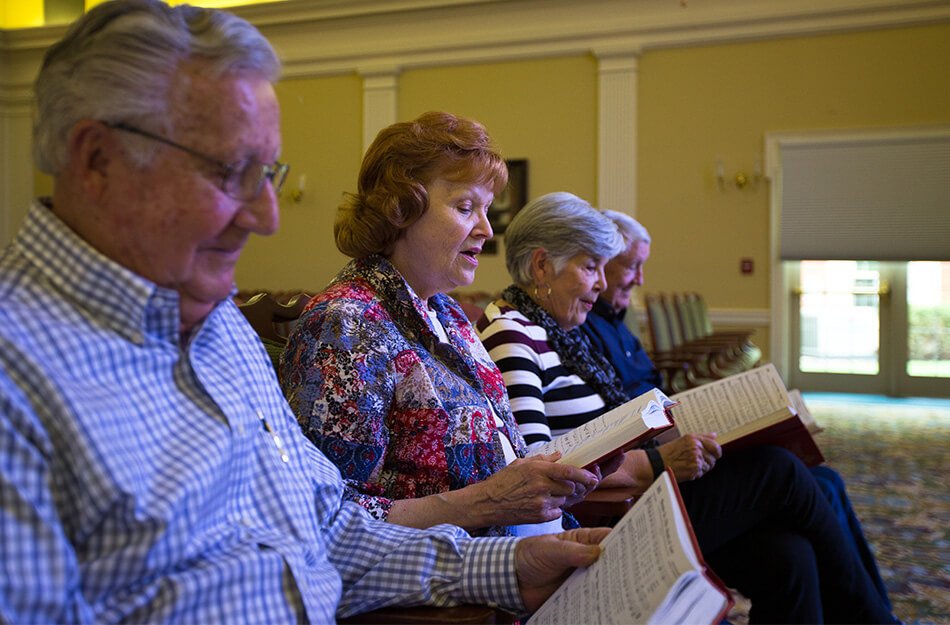It was like Christmas all over again when I decided to reorganize my clothes closet. I found a warm jacket I’d forgotten about, and it’s been comfortable in these frigid days. And I found a suit I’d not worn in some time—a three button suit that looked nice. I wore it to church on Christmas Eve and felt good about myself. A nice lady asked if I was wearing a new suit. I told her no, it was “recycled.” Then she said, “But, there’s a hole in the back of your jacket.” Slipping it off, I saw there was. Somehow in dressing that morning I’d not noticed a tear in the jacket, especially since the suit is dark. This just proves once again that choir members have a vantage point in church that others don’t have. Not only do they get to see the bald spot on the pastor’s head, but they get to see any tears in the back of his jacket!
I told this story in church the next Sunday and we all had a good laugh.
My wife and I had a pastor when we were teen-agers who used to lament from the pulpit that his wife couldn’t afford a new dress. I thought about him, wondering if some church member would take pity on me having to wear “holy” suits to church. So far, no benevolence!
The poet Robert Burns didn’t see a tear in the minister’s suit, but he did see a louse on a lady’s bonnet in church, prompting his famous line: “Oh would some Power the gift give us, to see ourselves as others see us.”
One responsibility we have in the body of Christ is to help one another see ourselves as we really are. We all have blind spots we can’t deal with if we don’t know they exist. Some might call this confrontation, but this is a strong word. Confrontation implies a stern reprimand with a view to repentance. Sometimes we do need a strong word to shake us out of our lethargy, or out of our callousness. But at other times we need a gentle word about improving some area of our character.
Several years ago, I heard Southern Baptist leader Jimmy Allen teach the book of Ephesians to a group of pastors. He dealt with the well-known image of the Christian soldier in chapter six—the sword of the Spirit and the breastplate of righteousness and the like--but insisted the soldier was vulnerable. We were a bit puzzled, until he told us the soldier was vulnerable to an attack from the rear. Then he said, “The Christian army protects one another. We watch one another’s back.”





